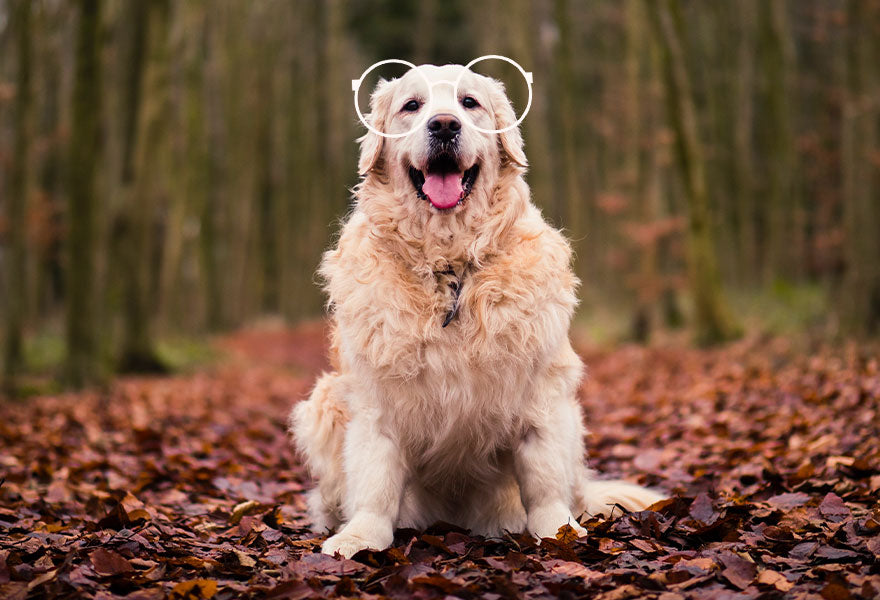
Six Reasons Why Senior Animals Make Great Pets
Share
Introduction:
Ever considered adopting a senior animal? No? We'll tell you exactly why bringing home a senior animal is one of the best decisions you will make.
Body:
Today, shelters and social media posts, alike, are filled with appeals for abandoned animals. Some of these animals are abandoned young, others are at advanced ages of their life, while some grow older at fosters and shelters. If you've never given bringing a senior animal home a thought, let us tell you why this should be something you'd at least like to consider:
They Are What They Seem To Be
An older animal usually becomes set in their temperament, unlike puppies or kittens, who go through many developmental changes. Since senior animals already have set personalities, this makes it that much easier to choose one, basis your lifestyle and temperament. You won't have to worry about whether their temperament will change, or whether it will continue to match you over the years. Also, since a senior animal is fully grown, you'll know exactly how compatible their size will be, with your home environment.
Well-mannered Oldies
Most senior pets are usually house-broken or litter-trained, as well as know basic leash manners. Their history, including any potential abuse or mistreatment, will impact how quickly they adjust to their new home, human family, or routines. It is important to note that sometimes when you adopt a senior pet, to some degree, you're also adopting the house rules of the pet's previous owner. However, even senior animals can change when given love, time and positive reinforcement.
Not As Demanding
Since older animals already have their routines, and while they still love to play, they love to cuddle, relax and nap as well. They are more emotionally mature and mellow than younger pets. While they require exercise like any other pet, it does not need to be as frequent or vigorous as with a younger animal. Simply put, older dogs and cats tend to fit more easily with your daily schedule.
Still Some Tricks Left in Them
While senior animals might already know some basic commands, they're always open to learning some more. They might have also undergone obedience training with their previous owners or even shelter staff, and have more attention and focus than kittens and puppies. They might even be leash-trained/crate-trained, and might be used to routine grooming, and know basic house manners.
Great Companions for All Family Members
The more relaxed temperament of senior pets makes them great companions for the young and old, alike. Older people benefit from the calm, relaxed energy of a four-legged companion, who also matches their energy levels and lifestyle. On the other hand, children can benefit from an animal who is more tolerant and peaceful, and might have been socialized with younger people.
Seniors for seniors
Those who work caring for the elderly say that pets pull withdrawn seniors out of their shell, provide mild activity and cardio through walking and grooming the pet, and offer a way to feel needed and connect with the world. Pet therapy can also help with Alzheimer’s Sundowners Syndrome. Nighttime can be very confusing and disorienting for folks with Alzheimer’s disease. This is when some Alzheimer’s patients try to run away or leave their home. A pet can prevent this issue by keeping those with Alzheimer’s connected and occupied.
A Second Chance at Life
Older pets know that they have been given a second lease of life and usually, are extremely aware of the same. While all adopted pets are grateful when you give them a home, a senior pet intuitively recognizes the magnitude of being given a second chance at a loving home. Many thankfully respond to the kind touch of their new owners and quickly form a tender bond with the family.